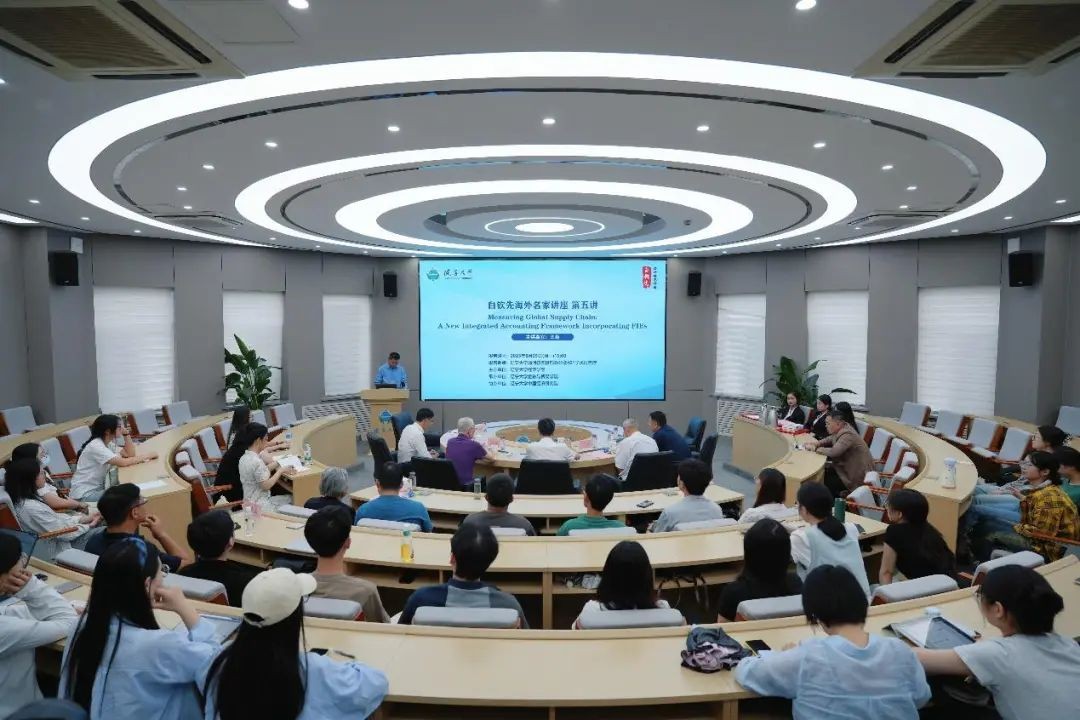
On August 25, 2025, Lecture Five of the ‘Bai Qinxian Overseas Eminent Scholars Lecture Series’ was presented at the Puhe Campus of LNU. Professor Wang Zhi from George Mason University (GMU) was invited to deliver an academic presentation titled ‘Measuring Global Supply Chain: A New Integrated Accounting Framework Incorporating FIEs’. Professor Yu Miaojie, President of LNU, attended the lecture and delivered an opening address. Professor Bai Qinxian, a renowned senior economic and financial expert, was also presented and delivered a speech.
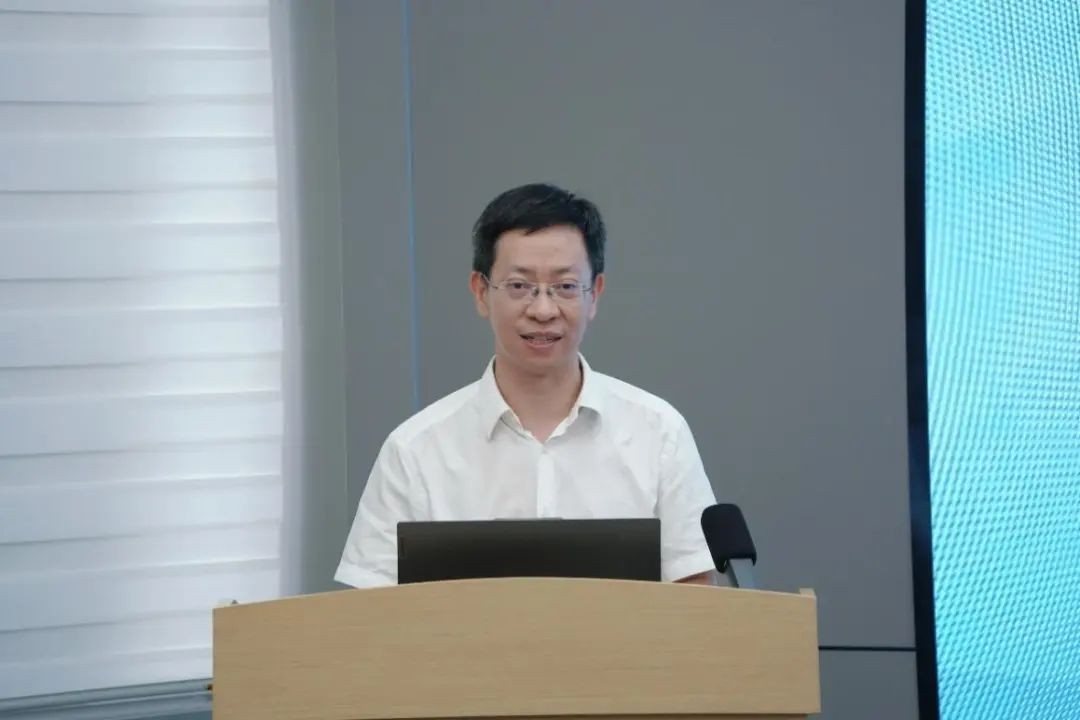
Professor Yu Miaojie gave a formal introduction and high praise to Professor Wang Zhi in his address. He emphasized that Professor Wang is a pioneering scholar in the theoretical and empirical research of global value chains (GVCs), who has long been active at the forefront of international academia and policy. He has made groundbreaking contributions to trade in value-added measurement, the development of Computable General Equilibrium (CGE) models, and the construction of international databases, driving a paradigm shift in research from gross trade to value-added trade. His work has profoundly influenced the data systems and policy formulation of international institutions such as the World Bank, the OECD, and the United Nations. As a distinguished two-time winner of the Sun Yefang Economic Science Award and chief editor of the Global Value Chain Development Report, Professor Wang Zhi has not only expanded the academic boundaries of international economics through his innovative research but has also applied his strategic insights to serve major national policy decisions. He is widely regarded as an exemplary figure who has dedicated his scholarship to the service of the country.
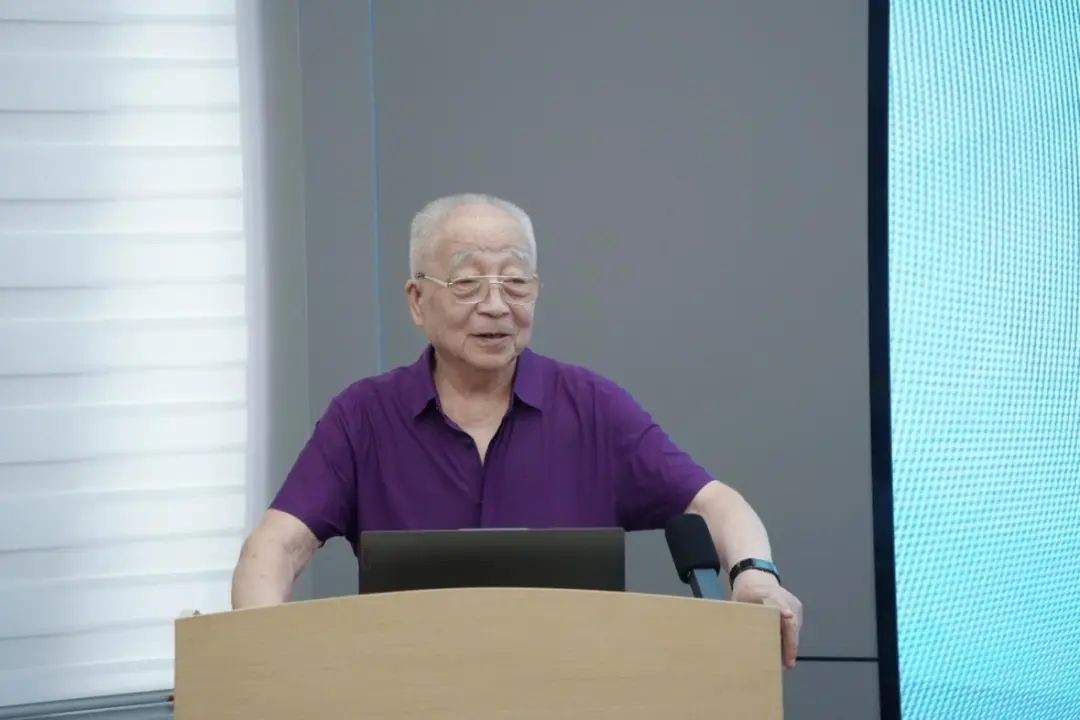
Professor Bai Qinxian spoke with profound sincerity, emphasizing that Professor Wang Zhi is not only an accomplished scholar in the field of global economics, but also an exemplary figure for young academics to look up to. In a voice filled with heartfelt conviction, he encouraged all faculty and students present to maintain a global perspective, devote themselves to scholarly pursuits, and apply academic rigor to serve the nation and society.
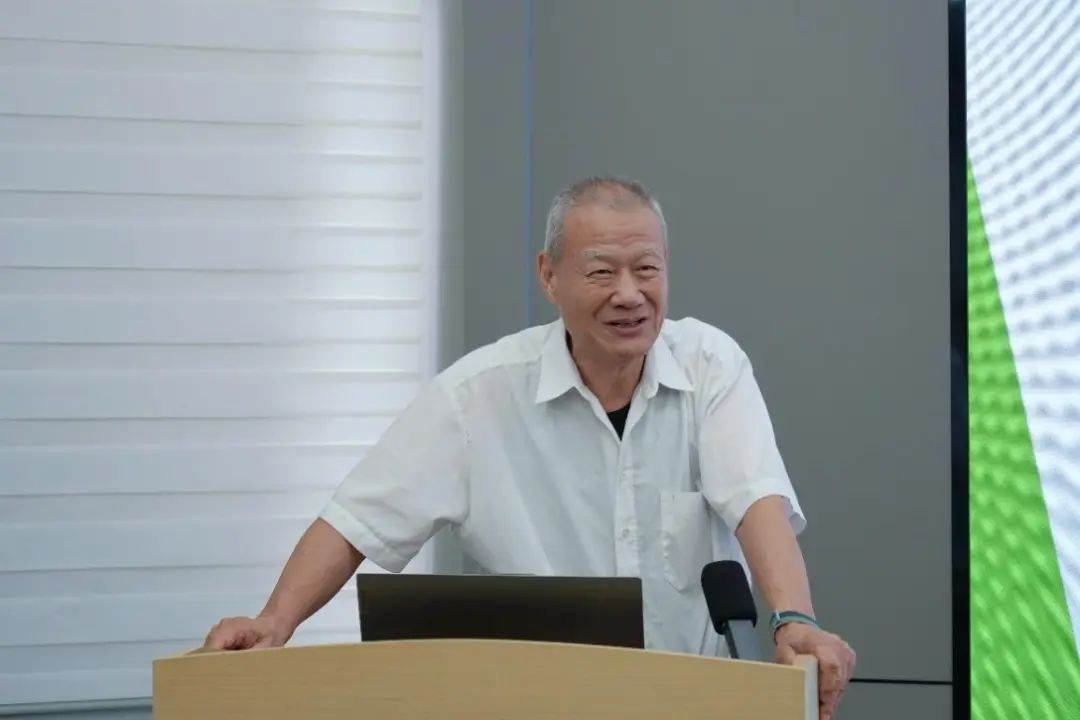
Professor Wang Zhi presented his team’s latest research achievement in the field of global supply chain measurement under the title ‘Measuring Global Supply Chain: A New Integrated Accounting Framework Incorporating FIEs’. He pointed out that existing studies predominantly rely on trade or GDP decomposition, often overlooking domestic intermediate goods and non-export sectors while treating foreign-invested enterprises and domestic firms indistinguishably. This approach underestimates the dual role of multinational corporations in both domestic production networks and cross-border trade, as well as the level of countries’ supply chain participation and risk exposure. To address these limitations, he proposed a unified accounting framework that integrates GDP and gross output decomposition within a single system. For the first time, this framework enables simultaneous measurement of value-added creation and risk exposure, while distinguishing five types of production activities: purely domestic, traditional trade, trade-driven, foreign capital-driven, and mixed type. Additionally, it allows for detailed delineation of upstream and downstream segments.
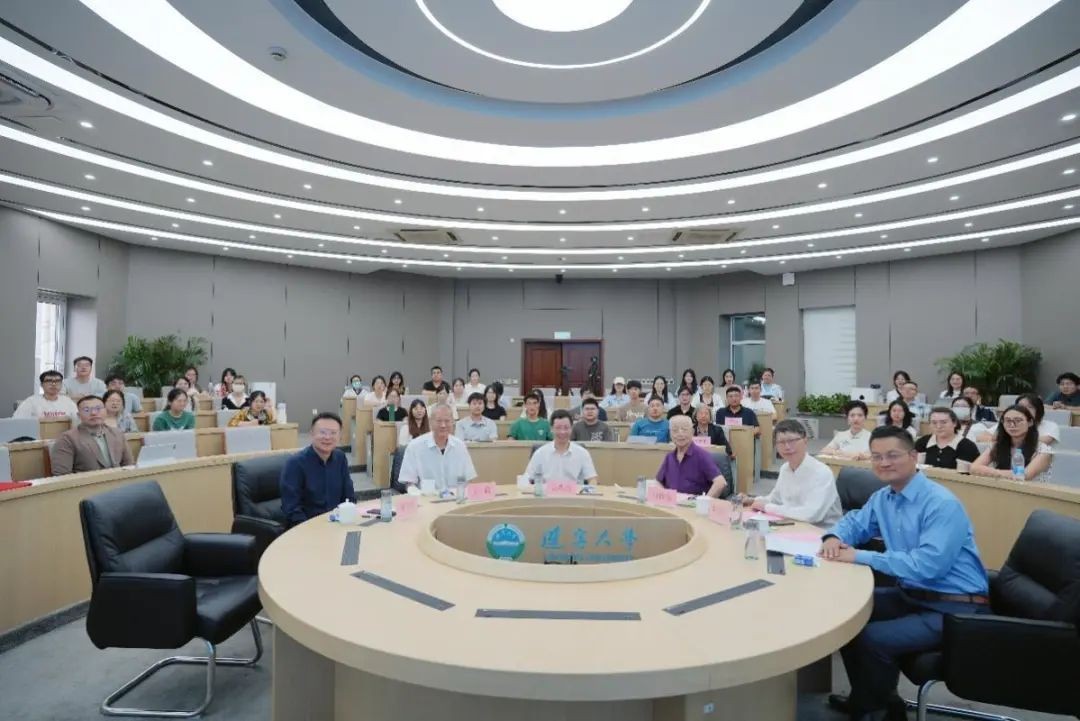
The lecture was hosted by the Division of Economics of LNU, undertaken by the School of Finance and Trade, and co-organized by the China Economic Research Institute. More than 60 faculty members and students from the Division of Economics attended the event.
Biographical Introduction to the Guest Speaker, Wang Zhi
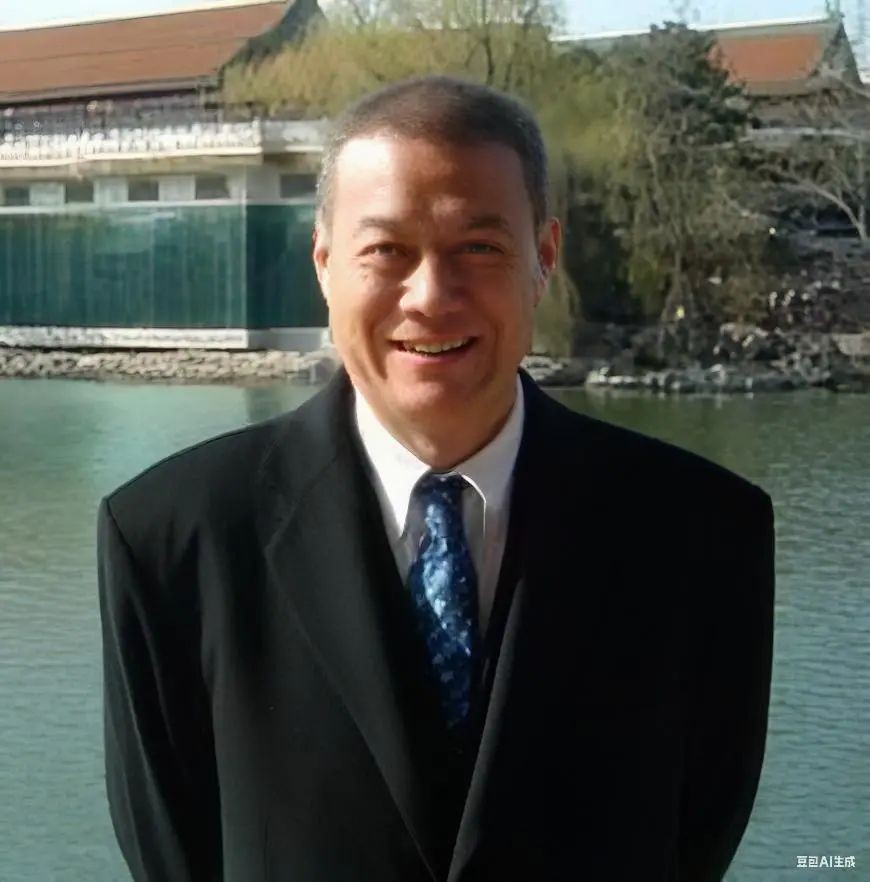
Wang Zhi is a Senior Research Fellow at the Schar School of Policy and Government of George Mason University (USA) and serves as an Advisory Professor and Founding Overseas Dean of the Global Value Chain Institute of the University of International Business and Economics (China). He previously held the position of Lead International Economist in the Research Division of the United States International Trade Commission (USITC) and served as the U.S. Chair of the Technical Group on Trade in Value-Added (TIVA) under the Asia-Pacific Economic Cooperation (APEC), where he led the development of the TIVA database for 21 APEC economies. After earning his PhD in Applied Economics from the University of Minnesota, he has held positions at numerous prestigious institutions, including the World Bank, the University of Minnesota, Purdue University, the Economic Research Service of the U.S. Department of Agriculture, the College of Science at George Mason University, and the Bureau of Economic Analysis of the U.S. Department of Commerce. He has been honored as a GTAP Research Fellow several times in recognition of his contributions to the Global Trade Analysis Project (GTAP) database and its application in policy research, as well as his innovative methodologies for processing re-export data. Wang Zhi has published numerous papers and book reviews in internationally renowned economic journals, and has contributed to multiple research reports submitted to the White House and the U.S. Congress by the U.S. Department of Agriculture, the Department of Commerce, and the USITC. In recognition of his academic influence, he was awarded the Sun Yefang Economic Science Award twice, in 2002 and 2020, and served as Co-Editor-in-Chief of the Global Value Chain Development Report in both 2017 and 2019.